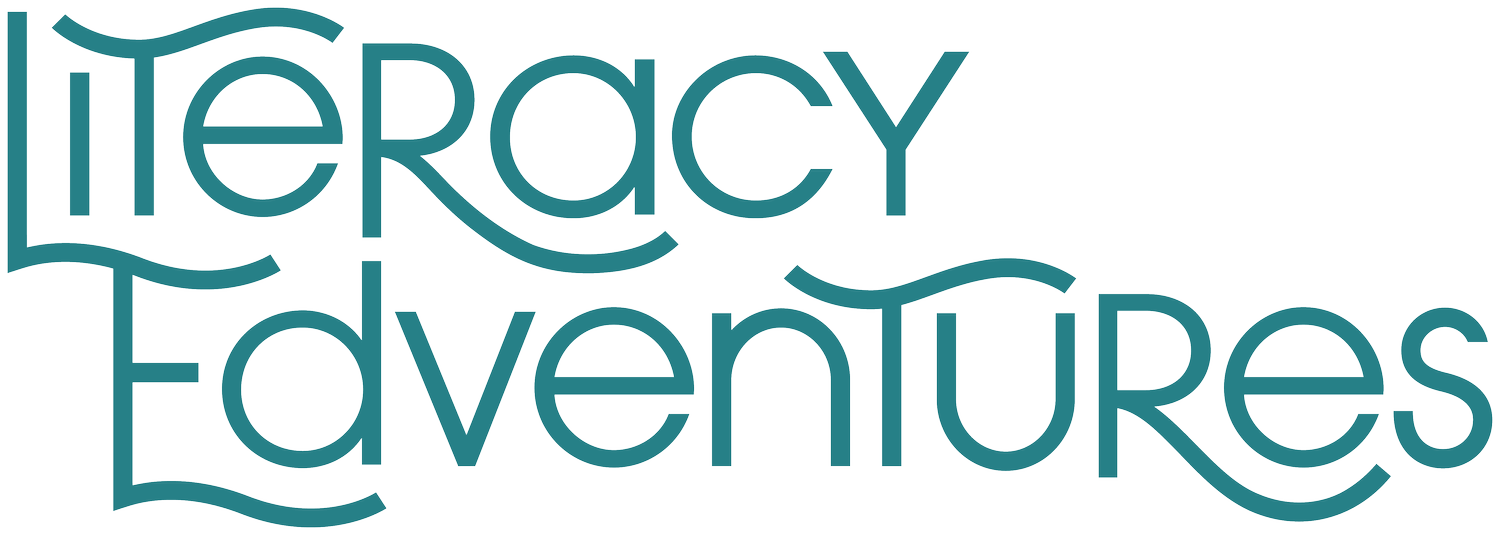Teaching the Alphabet with Intention — A Conversation with Dr. Shayne Piasta
Episode Summary:
In this episode, I’m joined by the brilliant Dr. Shayne Piasta — a developmental psychologist, early literacy researcher, and professor at The Ohio State University. Her work has deeply influenced how I think about alphabet instruction, and I couldn’t wait to sit down with her to talk about what the research actually says about teaching letter names, sounds, and formation — and how to make it practical for real classrooms.
So many teachers are told conflicting things:
Should I teach letter names or sounds first?
Uppercase or lowercase?
Do I teach handwriting at the same time?
Is “letter of the week” okay?
Dr. Piasta brings clarity to all of those questions and more. She breaks down the current research and provides thoughtful insights that help us move beyond one-size-fits-all approaches. Whether you're using a boxed curriculum, piecing together resources, or trying to adjust instruction for student needs, this episode will help you feel more confident and informed.
We talk about:
Why teaching letter names and sounds simultaneously is best practice in U.S. classrooms
What the acrophonic principle is and how it helps students remember sounds
The ongoing research about uppercase vs. lowercase instruction (and why it’s okay if your curriculum doesn’t have a clear answer yet)
What the evidence says about handwriting and letter formation — and how it can fit into early literacy routines
How to spot when children are developmentally ready for writing, and what “developmentally appropriate” really means
Why “letter of the week” isn’t supported by research — and what to do instead
How to think through letter sequencing if your curriculum doesn’t provide one
Why letters like W and Y need more intentional instruction
The importance of cumulative review and differentiated instruction in early alphabet teaching
How to apply evidence-based practices even if you’re required to follow a set curriculum
Dr. Piasta also shares her perspective on “developmentally appropriate practice” and reminds us that how we teach matters just as much as what we teach — especially with our youngest learners.
Whether you're a kindergarten teacher introducing letters for the first time, a coach supporting a team, or a curriculum writer thinking about scope and sequence, this episode is packed with insights you can use right away.
🔗 Resources Mentioned:
Dr. Piasta’s ELQ Lab Website – Access free alphabet assessments, sample lessons, and info on partnering with her team.
👉 Grab it HereAlphabet research and implementation tools
Information on generalizable evidence-based practices for early literacy instruction
📍Where to Find Dr. Shayne Piasta:
Professor at The Ohio State University
Do you want to teach letter sounds with intention? Check out some of our favorite letter sound resources!


